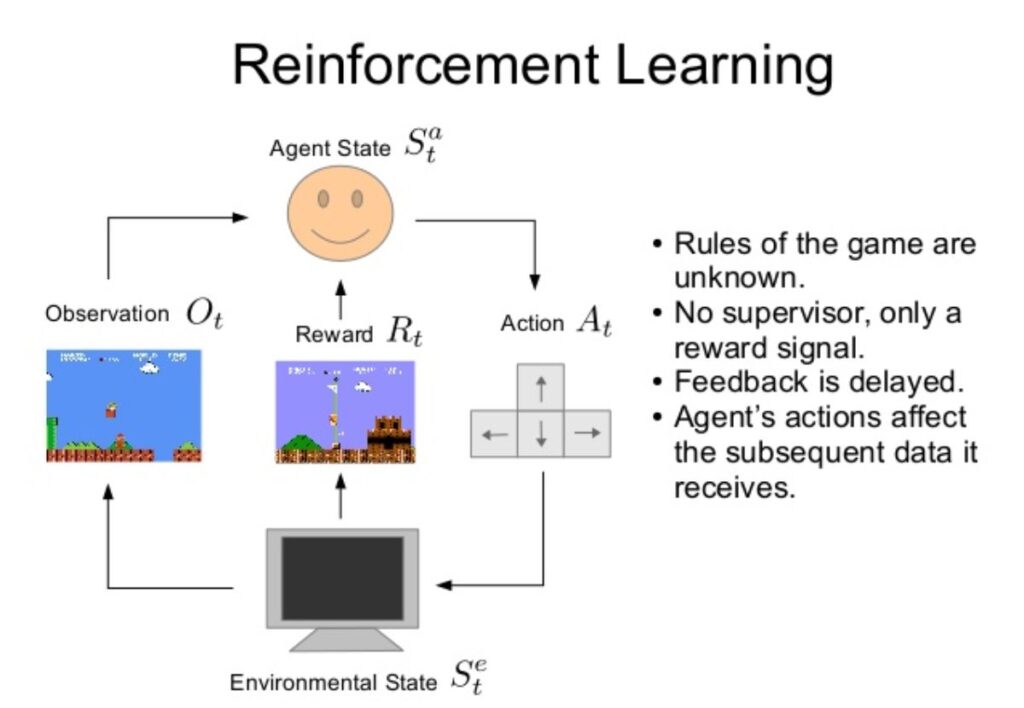Dealing with a dog that consistently poops inside the house can be frustrating and challenging for pet owners. It’s essential to remember that punishment is not the most effective approach when it comes to correcting this behavior. Instead, the focus should be on understanding the root causes, implementing training techniques, and providing consistent guidance to your furry companion.
In this comprehensive guide, we will explore the reasons why your dog may be pooping indoors and, more importantly, how to address this issue with patience and positive reinforcement. By the end of this article, you’ll have a clear understanding of the do’s and don’ts, and the best strategies to prevent your dog from pooping in the house.
Understanding the Reasons Behind Inappropriate Pooping
Dogs may not have been properly house trained, especially if they were rescued from a shelter or adopted as adults. They might not understand that they should do their business outside. When facing this challenge, it’s important to focus on positive reinforcement and effective training methods rather than punitive measures like “How To Punish Dog For Pooping In House?” which can be counterproductive.
Stress and Anxiety
Dogs can be sensitive creatures and are prone to experiencing stress and anxiety. Changes in their environment, such as moving to a new home, introducing a new pet, or even loud noises, can trigger these emotions. When a dog is anxious or stressed, they may react by pooping indoors as a coping mechanism.
Medical Issues
Sometimes, inappropriate pooping is due to underlying medical problems, such as gastrointestinal issues or infections. If your dog’s behavior suddenly changes, it’s crucial to consult a veterinarian to rule out any health concerns before assuming it’s a behavioral issue.
Lack of Housetraining
In some cases, dogs may not have been properly housetrained, especially if they were rescued from a shelter or adopted as adults. They might not understand that they should do their business outside.
Changes in Routine
Dogs thrive on routine. Any disruptions in their daily schedule can lead to confusion and accidents. Changes in feeding times, walking schedules, or the arrival of guests can all affect your dog’s behavior.
Territorial Marking
Unneutered or unspayed dogs, especially males, may poop indoors as a way of marking their territory. This is a natural instinct, but it can be problematic for indoor living.
Why Punishment Is Ineffective
Punishment can lead to fear and aggression in dogs. When a dog associates you with negative experiences, such as scolding or physical discipline, they may become aggressive or avoid you altogether. This is counterproductive to creating a positive and trusting relationship with your pet, especially when you’re trying to figure out “How to potty train a Goldendoodle.” It’s essential to focus on positive reinforcement techniques to make the training experience a positive one for your furry friend.
Negative Consequences
Punishing your dog for pooping in the house can have several negative consequences, including:
- Fear and anxiety: Your dog may become scared of you or develop anxiety, making it even more challenging to address the issue.
- Increased stress: Punishment can increase stress and anxiety, exacerbating the problem.
- Regression in training: Dogs may regress in their housetraining progress due to fear and confusion.
Fear and Aggression
Punishment can lead to fear and aggression in dogs. When a dog associates you with negative experiences, they may become aggressive or avoid you altogether. This is counterproductive to creating a positive and trusting relationship with your pet.
Misunderstanding
Dogs live in the moment, and they may not understand why they are being punished for an act they committed earlier. This can lead to confusion and make it challenging for your dog to connect the punishment with their actions.
Breakdown of Trust
Establishing trust is essential in your relationship with your dog. Punishment can erode the trust your dog has in you, making it harder to work together on resolving behavioral issues.
Positive Reinforcement and Training Techniques

Establish a regular schedule for potty breaks. Take your dog outside first thing in the morning, after meals, and before bedtime. Praise and reward them when they poop outside. Consistency is key to housetraining success.
Crate Training
Crate training is an effective method for housetraining your dog. Dogs tend to avoid soiling their living space, so a crate can help them learn bladder control. Here’s how to use crate training effectively:
- Choose an appropriately sized crate for your dog.
- Gradually introduce your dog to the crate, making it a comfortable and safe space.
- Use the crate to limit your dog’s access to the house when you can’t supervise them.
- Take your dog outside immediately after leaving the crate to ensure they do their business outdoors.
- Avoid using the crate as a punishment.
Regular Potty Breaks
Establish a regular schedule for potty breaks. Take your dog outside first thing in the morning, after meals, and before bedtime. Praise and reward them when they poop outside. Consistency is key to housetraining success.
Consistency in Routine
Maintain a consistent routine for your dog. Dogs thrive on predictability, so feed them at the same times each day, and keep walks and playtime on a schedule.
Reward-Based Training
Positive reinforcement is one of the most effective ways to encourage desired behavior. When your dog poops outside, offer praise and treats as rewards. Over time, they will associate pooping outside with positive experiences.
Supervision
Supervise your dog indoors to prevent accidents. Use baby gates or keep your dog on a leash inside. If you can’t watch them, place them in their crate or a designated confinement area.
Correcting Inappropriate Pooping
If you catch your dog in the act of pooping indoors, do not scold them. Instead, calmly interrupt the behavior and guide them outside to finish their business. Praise and reward them when they do so.
Cleaning and Deodorizing
If your dog poops inside, it’s crucial to clean and deodorize the area thoroughly to remove any scent that might attract them back to the same spot. Use pet-friendly enzymatic cleaners to ensure that the odor is completely eliminated.
Redirecting to Designated Area
If you catch your dog in the act of pooping indoors, do not scold them. Instead, calmly interrupt the behavior and guide them outside to finish their business. Praise and reward them when they do so.
Seeking Professional Help
If your dog’s inappropriate pooping persists despite your efforts, it may be time to seek the assistance of a professional dog trainer or a veterinary behaviorist. They can assess your dog’s behavior and provide tailored guidance to address the issue.
Preventing Future Incidents
Obedience Training
Consider enrolling your dog in obedience training classes. These classes can help reinforce basic commands and improve your dog’s overall behavior.
Regular Exercise
Adequate exercise is essential for a dog’s physical and mental well-being. Ensure your dog gets daily walks and playtime to burn off excess energy.
Mental Stimulation
Mental stimulation is just as crucial as physical exercise. Puzzle toys, interactive feeders, and training games can keep your dog mentally engaged.
Diet and Feeding Schedule
A consistent feeding schedule can help regulate your dog’s bathroom habits. Consult with your veterinarian to ensure your dog is on an appropriate diet that promotes healthy digestion.
Monitoring Health
Regular check-ups with your veterinarian are essential to rule out any underlying health issues that could contribute to inappropriate pooping. Be vigilant about your dog’s well-being.
FAQs
- Should I Punish My Dog for Pooping in the House?
No, punishment is not recommended as it can lead to fear and aggression in your dog, making the issue worse.- What Can I Do Instead of Punishing My Dog?
Focus on positive reinforcement, crate training, and establishing a consistent routine for potty breaks and outdoor activities.- How Do I Prevent My Dog from Pooping Inside?
Maintain a regular feeding schedule, provide ample exercise and mental stimulation, and ensure your dog’s health is regularly monitored by a veterinarian.
Conclusion
Dealing with a dog that poops inside the house can be a challenging experience, but it’s vital to approach the issue with patience and understanding. Punishing your dog for this behavior is counterproductive and can lead to fear, aggression, and trust issues. Instead, focus on positive reinforcement, training techniques, and a consistent routine to help your dog learn the appropriate place to relieve themselves.
Understanding the reasons behind inappropriate pooping, such as stress, medical issues, or lack of housetraining, is crucial for addressing the problem effectively. By implementing the right strategies, such as crate training, regular potty breaks, and reward-based training, you can help your dog develop proper housetraining habits.
In cases where the problem persists, seeking professional help from a dog trainer or veterinary behaviorist is a viable option. With the right guidance and consistent efforts, you can prevent future incidents and maintain a happy and healthy relationship with your beloved pet. Remember, a well-trained and housetrained dog is a joy to have as a part of your family.










